The Best TV Shows on Israeli Educational Television
Every Israeli Educational Television Show Ranked From Best To Worst
Dive into our updated selection of Israeli Educational Television’s finest, featuring more than 13 series as of February 2026. Notable series such as Zehu Ze and בבית של פיסטוק from Israeli Educational Television first graced the screens in 1978 and 1981. From 1978 through to N/A, Israeli Educational Television has accumulated a diverse collection of over 13 television shows.
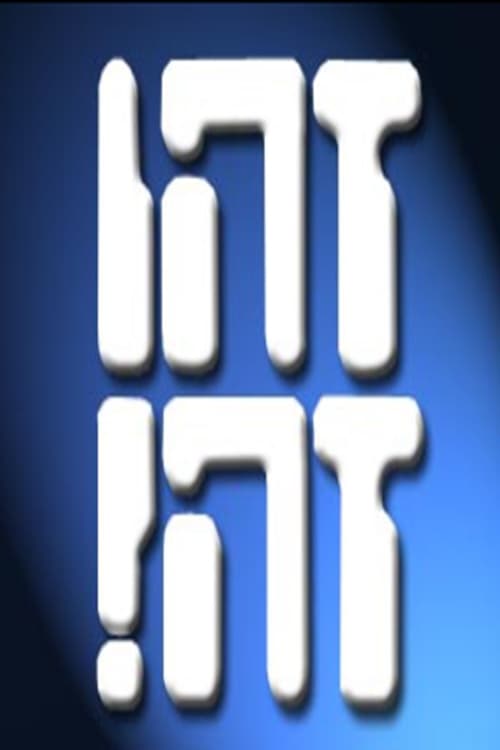 Zehu Ze (1978)9.0
Zehu Ze (1978)9.0Plots of the episodes revolved around different subjects related to life in Israel, fashions like Folk dancing, tributes to classics like Charlie Chaplin movies, or contemporary series like The Simpsons and Dallas.
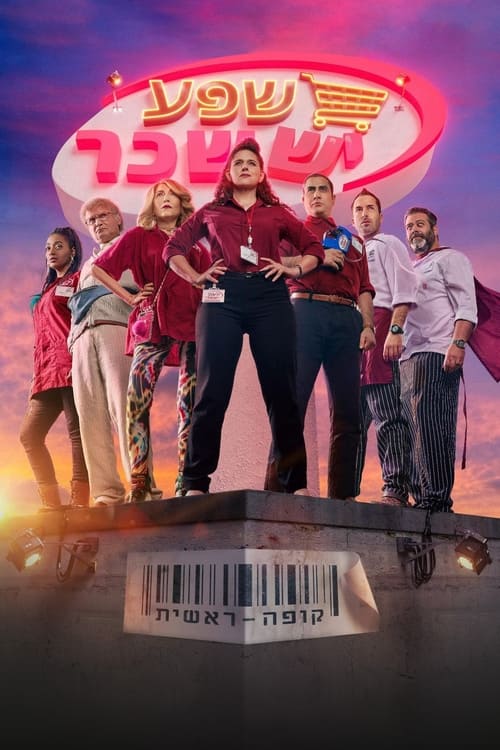 Checkout (2018)8.7
Checkout (2018)8.7A comic series telling the tale of a failing supermarket in a backwards town and following the daily events that take place within the supermarket. The series goes into the details of everything we don’t know about the behind the scenes occurrences in the supermarket – the relationships between the employees forced to work in a place they feel no loyalty for, the customers with their baseless and petty demands, the management’s abusive attitude towards the employees, and the private lives of the workers at the bottom of the employment hierarchy.
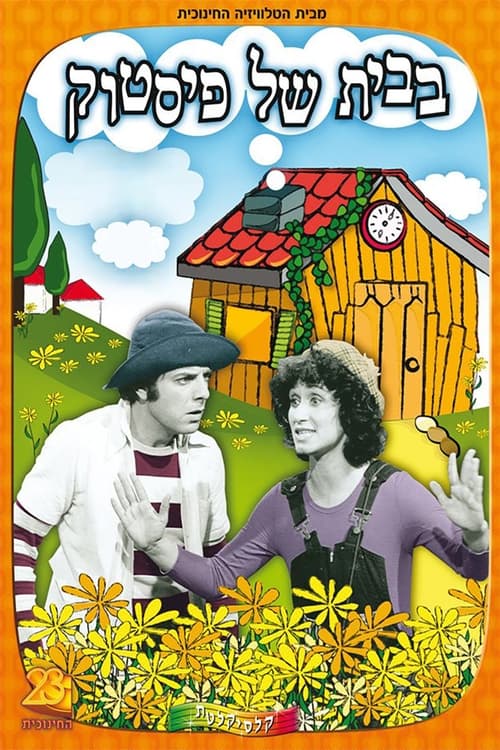 בבית של פיסטוק (1981)N/A
בבית של פיסטוק (1981)N/A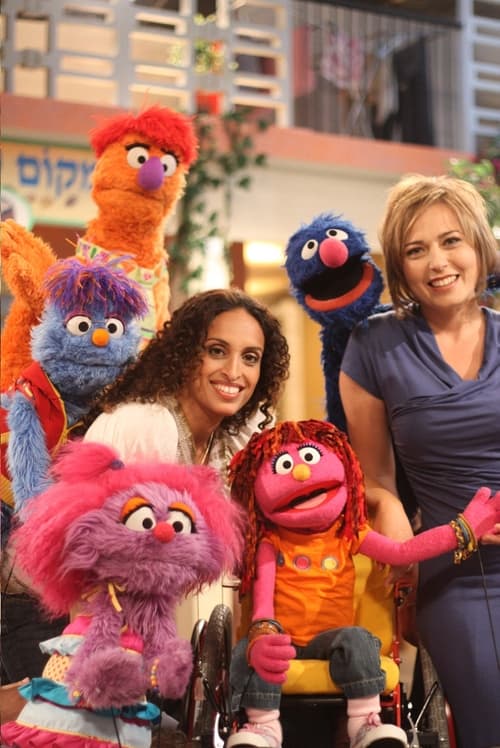 Sesame Street (1983)N/A
Sesame Street (1983)N/ARechov Sumsum is an Israeli educational television program for preschoolers, based on the popular U.S. children's show "Sesame Street". The first three series of the show were a joint production of the Israeli educational television and the CTW, a Worldwide American non-profit organization which has been co-producing the original American "Sesame Street" since 1969.
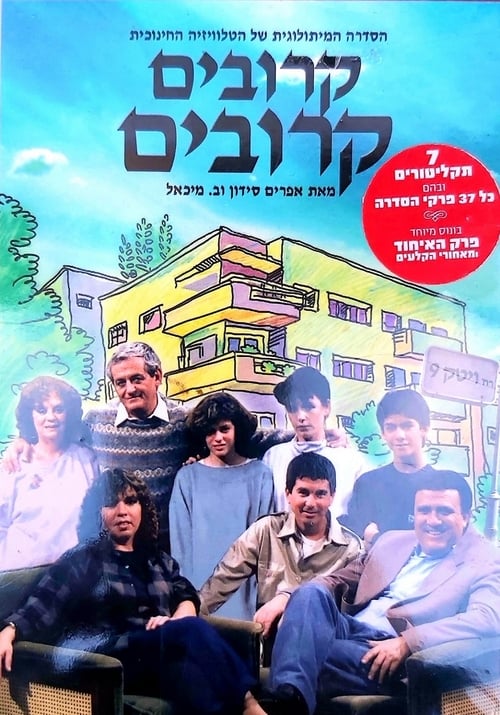 Krovim Krovim (1983)N/A
Krovim Krovim (1983)N/AKrovim Krovim is an Israeli television sitcom created by Ephraim Sidon and B. Michael. The series which originally aired on the Israeli Educational Television channel in the years 1983 - 1986 is known as the first Israeli sitcom. The series focuses on an extended Israeli family which shares a residential apartment building in the center of Tel Aviv. The opening tune of the series was composed by Nurit Hirsch.
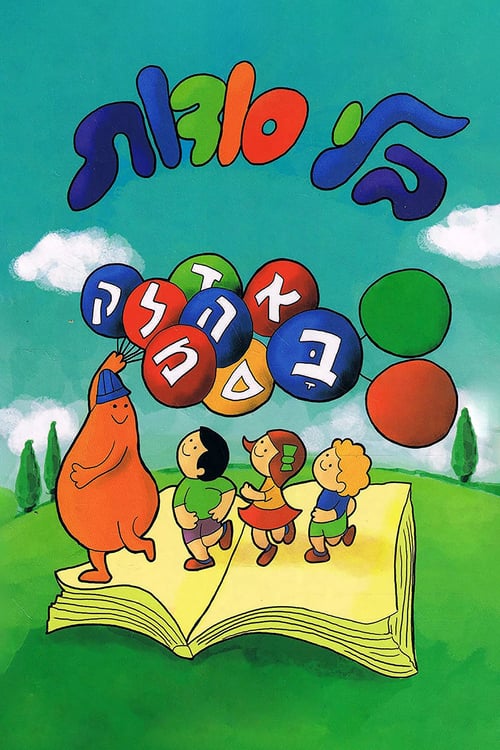 Without Secrets (1984)N/A
Without Secrets (1984)N/AWithout Secrets, is an educational television show broadcast on Israeli Educational Television during the years 1983–1986 and on reruns during the mid-1990s. The show was intended for lower grades of Elementary, seeking to help with their reading. The show was incorporated as an integral part of the school curriculum and was even accompanied by 10 study booklets and 5 enrichment booklets, published by the 'Center for Educational Technology'. The first-of-its-kind educational television broadcasts intended to teach children to read and would visualize to the viewer the process of reading through songs and sketches led by some well-remembered characters such as Gashash Balash and Itonish. The show's hosts Hanny Nahmias, Oshik Levi, Natan Natanzon, and Hanan Goldblat, and several other actors who'd participated on the show such as Shula Hen, Ofra Haza, Galia Isay, and Mati Sari. Plasticine Animation clips, introducing the characters "Alphy" and "Betty", were also featured.
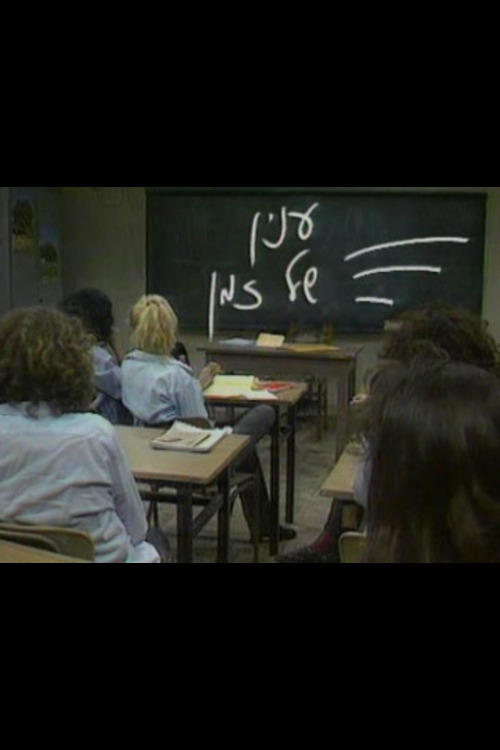 A Matter of Time (1992)N/A
A Matter of Time (1992)N/AThe series focused on stories of high school students in Tel Aviv, and talked about issues of adolescents such as school, adolescence, love, drafting to the army, social gaps, rape, violence and more. The series would focus in each episode on various secondary characters and show their world and their problems, in addition to the central plot which evolved around the main characters.
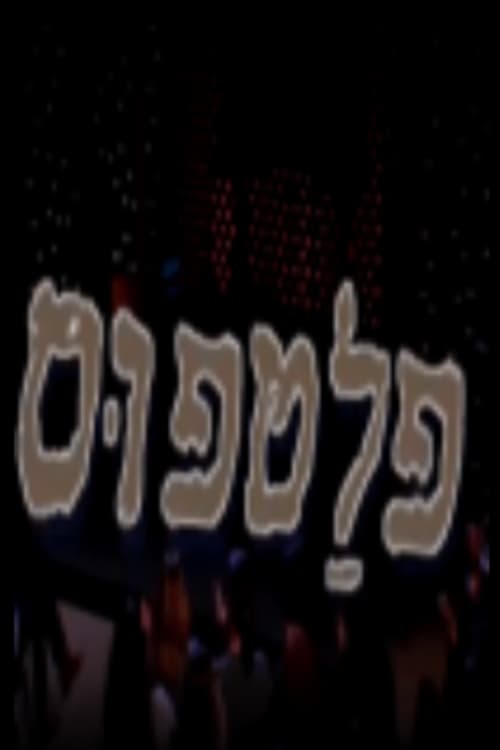 פלטפוס (1994)N/A
פלטפוס (1994)N/A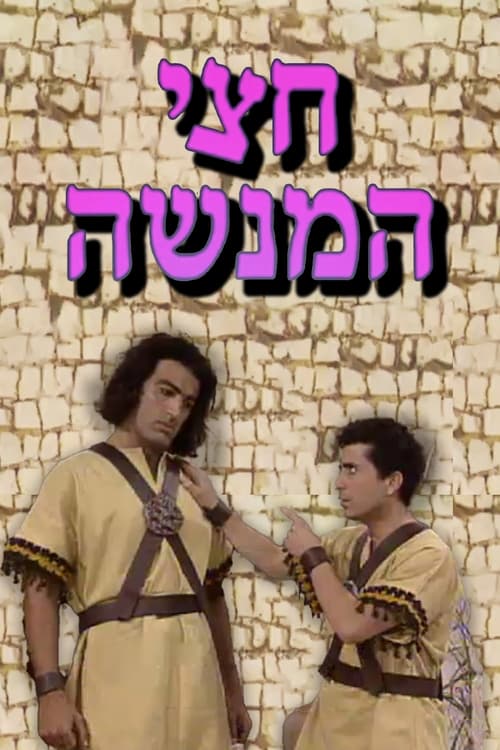 חצי המנשה (1996)N/A
חצי המנשה (1996)N/A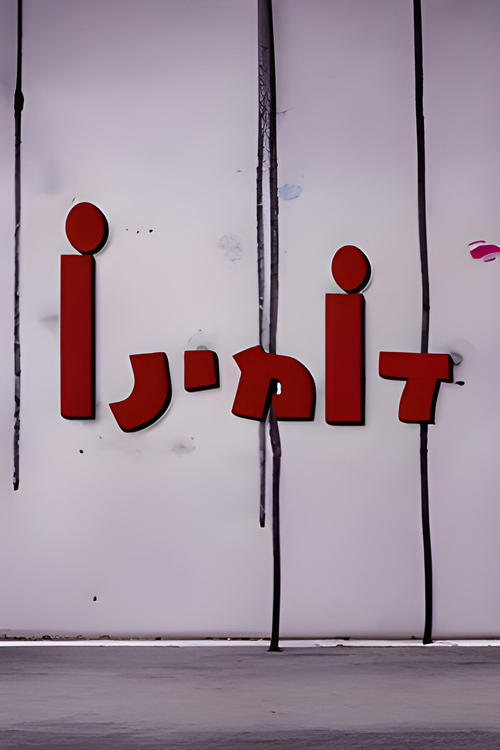 Domino (1999)N/A
Domino (1999)N/A שניים אוחזין (N/A)N/A
שניים אוחזין (N/A)N/AShnaim Ohazin, was a television show broadcast on the Israeli Educational Television during the 1980s that dealt with teaching basic concepts of the Talmud and Jewish heritage. The concept of the show was Mr. Bar and Mr. Orian meet to study Gemara together. The show was incorporated in the past as part of the 7th-grade curriculum in secondary yeshivas, or 9th-grade curriculum in secular Hebrew-speaking schools, and a study booklet was added in 1989, written and edited by Benjamin Domovitz.
 מה פתאום? (N/A)N/A
מה פתאום? (N/A)N/AKishkashta was the main character in one of the first Israeli Educational Television shows, Ma Pit'om, written by, among other screenwriters, Tamar Adar. The show aired in the 1970s and '80s, when there was only one television station in Israel, TV was still black and white, and there were only a few hours of television a day. Kishkashta was a talking cactus, a felt puppet equivalent to Big Bird, who introduced himself singing a solitary song, Ma Pit'om: "They call me 'Kishkashta,' Kishkashta is my name... I almost forgot: 'hello!' I sing and dance almost by myself - in the program Ma Pit'om.". The show consisted of Kishkashta asking questions of himself as well as of the Israeli children who were his co-hosts. Nira Rabinovitch, today a famous Israeli new age figure, co-starred with Kishkashta in many of the show episodes, and sang the song Ma Pit'om with Kishkashta in the opening act. In Israel, the cactus is a symbol of Israeli-born Jews, called sabras, as opposed to those who immigrated later, even though the cactus itself is not a native plant. Kishkashta embodied the image of Israeli sabra identity, a character "rough from the outside but soft and sweet from the inside." He had a deep, melancholic voice and possessed an independent spirit exuding the dugri sabra character for which Israelis are known.
 החופש הגדול (N/A)N/A
החופש הגדול (N/A)N/A